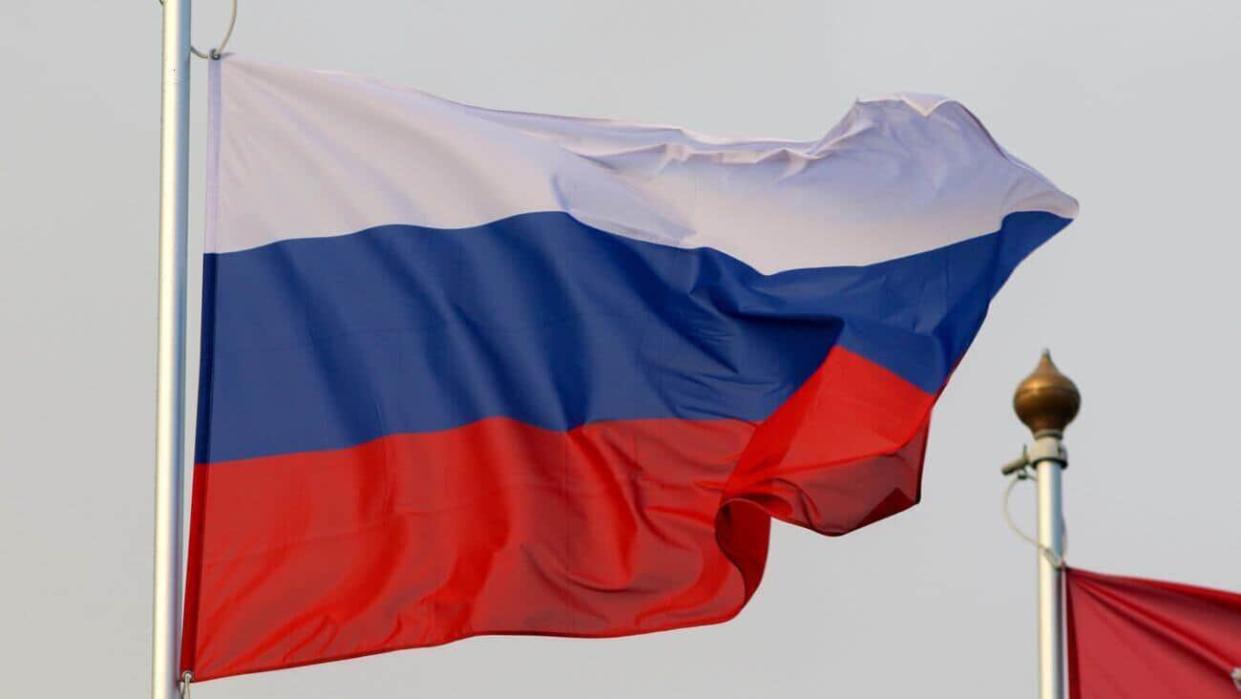Russia leaves 1956 agreement with UK, signed at turning point of Cold War

- Oops!Something went wrong.Please try again later.
- Oops!Something went wrong.Please try again later.
- Oops!Something went wrong.Please try again later.
- Oops!Something went wrong.Please try again later.
Russia is withdrawing from the 1956 fishing rights agreement forged with the UK by Soviet leader Nikita Khrushchev, reflecting how wide the gulf between Russia and the West has become after two years of war against Ukraine.
Source: European Pravda, citing Reuters
Details: The 1956 Fisheries Agreement was signed in London at a pivotal moment in the Cold War. That year, Khrushchev denounced his predecessor Joseph Stalin, proposed peaceful coexistence with the West, and even visited the United Kingdom in April.
Nowadays, Moscow takes a harder line.
Russian President Vladimir Putin calls the United States and its allies a collapsing empire that seeks to destroy Russia and steal its natural resources. The West considers Putin a murderer and Putin's Russia an adversary.
The 1956 Fisheries Agreement allowed British vessels to enter the rich fishing grounds of the Barents Sea and the coasts of the Kola Peninsula and Kolguyev Island.
"When Nikita Khrushchev accepted this deal in 1956, it is difficult to say what guided him, but it was definitely not national interest," said Vyacheslav Volodin, Speaker of the State Duma (lower chamber of Russia's parliament).
"When people ask if we can respond to sanctions, the answer is: we can," Volodin stressed, adding that British vessels had caught thousands of tonnes of cod and haddock in Russian waters.
Volodin, a close Putin ally, echoed the Kremlin's current revanchist position that treats the 1991 collapse of the Soviet Union as a tragedy and Mikhail Gorbachev as a loser who had been deceived by a dishonest West to humiliate Russia.
"With Gorbachev, we lost our country, and with Putin we got it back," Volodin noted.
Background:
The Council of Europe expressed "deep regret" after the official announcement of Russia's denunciation of the Framework Convention for the Protection of National Minorities (FCNM), raising concerns about the fate of over 25 million members of minority ethnic groups in Russia.
Earlier, the Council of Europe reported that it was actively working with UN bodies to remind Russia of the need to comply with the rulings of the European Court of Human Rights.
Support UP or become our patron!

